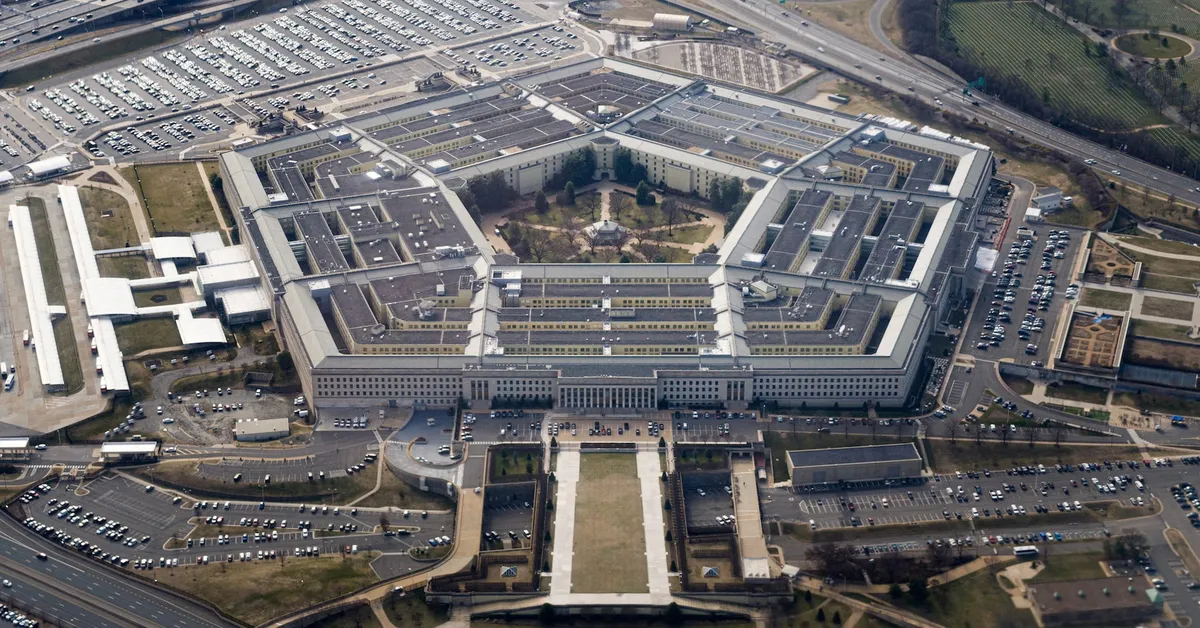
On September 4, U.S. President Donald Trump is set to sign an executive order that will rename the Department of Defense to the Department of War. This significant move, as reported by a White House official, aims to put Trump's distinct mark on one of the largest organizations within the U.S. government.
The forthcoming executive order will empower Defense Secretary Pete Hegseth and other officials to adopt new titles such as Secretary of War and Deputy Secretary of War in all official communications. According to a fact sheet from the White House, this order will also direct Hegseth to propose legislative and executive measures necessary for making the renaming a permanent change.
Since taking office in January, Trump has actively pursued renaming various places and institutions, including the Gulf of Mexico, and restoring the original names of military bases that were altered following racial justice protests. While changing the name of a federal department is a rare occurrence that typically requires congressional approval, the current Republican majority in both the Senate and House of Representatives appears reluctant to oppose Trump's initiatives.
Historically, the U.S. Department of Defense was known as the War Department until 1949, when Congress consolidated the military branches in response to the aftermath of World War II. The name change was intended to reflect a shift in focus towards preventing wars in the nuclear age.
Rebranding the department will incur significant costs, necessitating updates to signage and letterheads not only at the Pentagon in Washington, D.C., but also at military installations worldwide. In comparison, former President Joe Biden's attempt to rename nine military bases honoring Confederate leaders was estimated to cost the Army $39 million, an effort that was later reversed by Hegseth.
Critics argue that the proposed name change is not only expensive but also diverts attention from more pressing issues facing the Pentagon. Senator Tammy Duckworth, a military veteran and member of the Senate's Armed Services Committee, expressed concern that Trump prioritizes political gains over strengthening national security and supporting military families. She questioned the decision to allocate funds towards a name change instead of enhancing support for service members.
Proponents of the name change, including Hegseth, assert that it transcends mere semantics and embodies the warrior ethos. Recently, James Comer, the Republican Chair of the House Oversight Committee and a close ally of Trump, introduced legislation to facilitate presidential authority in reorganizing and renaming federal agencies.
In a statement, Trump emphasized the need for an offensive capability within the military, suggesting that the current nomenclature is too defensive. He has previously highlighted that the renaming was a response to political correctness.
Some within the Trump administration have long advocated for this change. For example, Kash Patel, the current FBI Director and a former Pentagon official, previously signed off on emails referencing the War Department, viewing it as a tribute to the agency's historical significance.
This executive order to rename the Department of Defense to the Department of War marks a pivotal moment in U.S. government history, reflecting Trump's intent to reshape the narrative around military engagement and national defense.